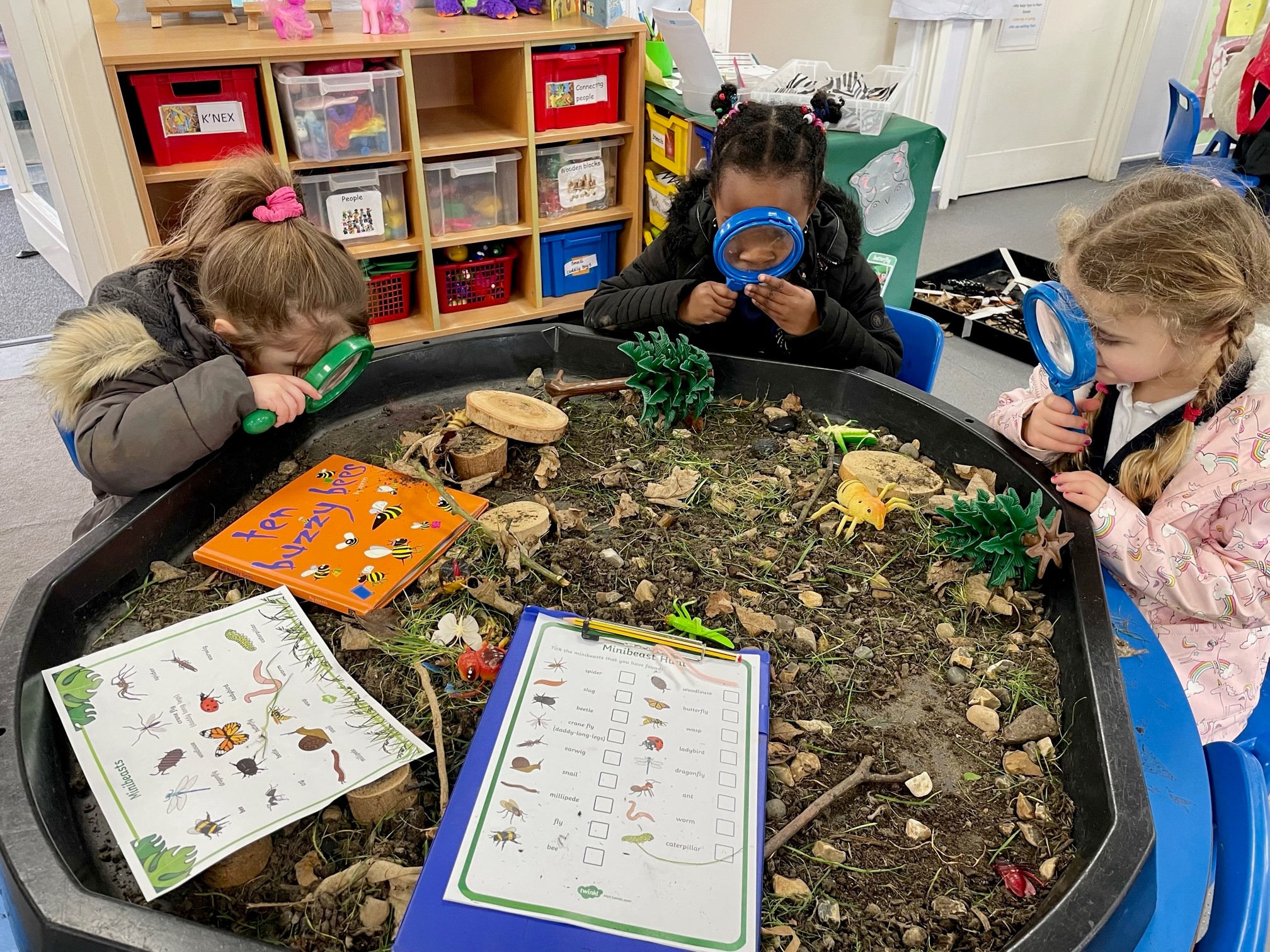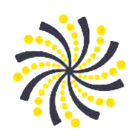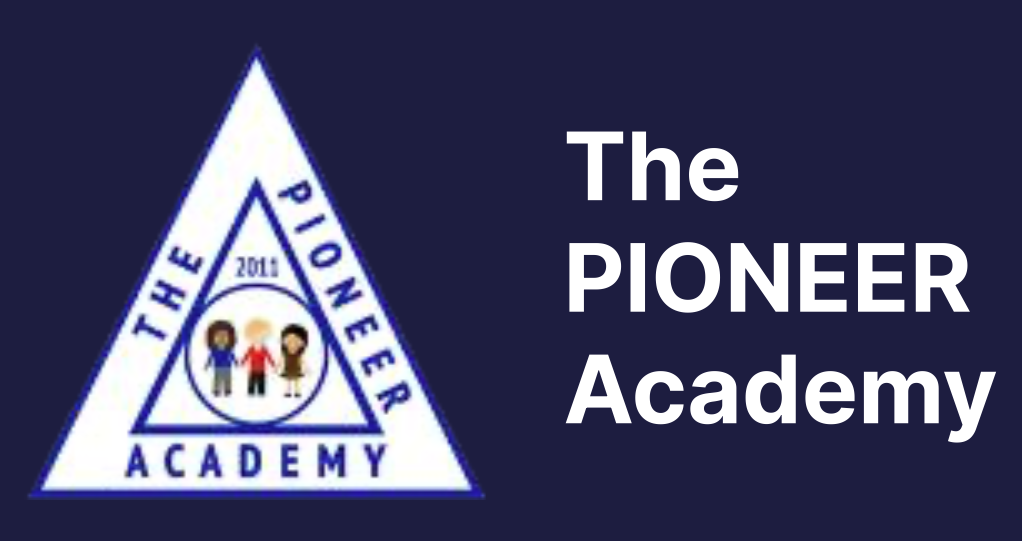Home | Year Groups | Year 6
Year 6
Explore
Nurture
Grow
Welcome to Year 6!

Year 6 Curriculum Map
Existing, Endangered, Extinct
Our planet is teeming with different species of living things that thrive and survive all over the world, some in extreme environments. In this unit we will learn more about how we classify animals, how living things are adapted to their environments and how all living things are interdependent. As part of the web of life, humans also have an important role to play. How is human behaviour threatening the survival of many species? Can we preserve the biodiversity of our planet?
Full Power!
Electricity is one of the most important discoveries ever made and we have learnt how to use it to power almost every aspect of our lives. But who discovered electricity and how does it work? As scientists, we will investigate how electricity flows in different circuits, different materials that make good electrical conductors and insulators, explore new inventions that use renewable energy to generate electricity and how to be safe around electricity. As historians, we will find out the significant contributions of different scientists in the history of electricity. As designers and innovators, we will harness the power of electricity to create games.
900 CE
We will be learning that at 900 CE different ancient civilizations were rising and declining across the world. We will study the ancient Mayan civilization, the Kingdom of Benin and the rise of the Islamic empire. We will need to be historians and use artefacts and historical sources to make observations about the life cycle of civilizations and the legacies they leave us. What happens when empires grow? What causes change and decline? What have we learnt from these past civilisations?
Earth As An Island
What impact have humans had on the world’s islands? We will be learning about how islands, often once isolated places, have become increasingly part of the global community. How has this changed their culture, geographical features and ecosystems? As we go island hopping, we will need to be geographers, designers and artists who are internationally minded and globally competent.
Music: African Rhythms
This unit will provide a space to engage on the importance of rhythm in our lives and create an awareness of African culture and music. Children will learn to keep the beat, identify, write, and create different rhythm patterns to sing, move and play African songs.
We will be learning about – African music, identifying rhythms around us, playing rhythm patterns as a group and introducing dotted and semiquaver (sixteenth) notes.
Fairgrounds
We all know that fairground rides are designed to ignite our senses, through fear, excitement and the unexpected but how does this happen? How are these rides powered in a way which enables them to speed up and slow down at just the right moments, whilst staying on a track that twists upside down?
Art: Create From Waste
We all know about the problems we have on this earth getting rid of all our waste. Waste finds its way to nature, harming animals, plants and eventually us, humans. More and more artists are using waste and discarded items these days to create powerful art. This art might be nice to see, but it also sends an important message. We can’t leave saving our planet to superheroes, we all need to get involved. In this unit we’ll be learning about what you can do with that waste instead of throwing it away. Are you ready to upcycle your waste?
Bake it
We will be learning about how different materials can be changed, combined and separated through the baking of bread. We will need to be scientists as we examine the ingredients and processes used to create bread, working on our investigative skills to ensure our analysis is reliable. Are you ready to find out how much everyday science goes on in our kitchens?
Year 6 Curricular Targets
Please find attached the targets year 6 are working towards this year. The work towards achieving these targets will be covered in school but you can also help your child by checking their homework and looking for evidence of their targets in what they do. Also please ensure they read to an adult every night.
Home | Year Groups | Year 6
Year 6

